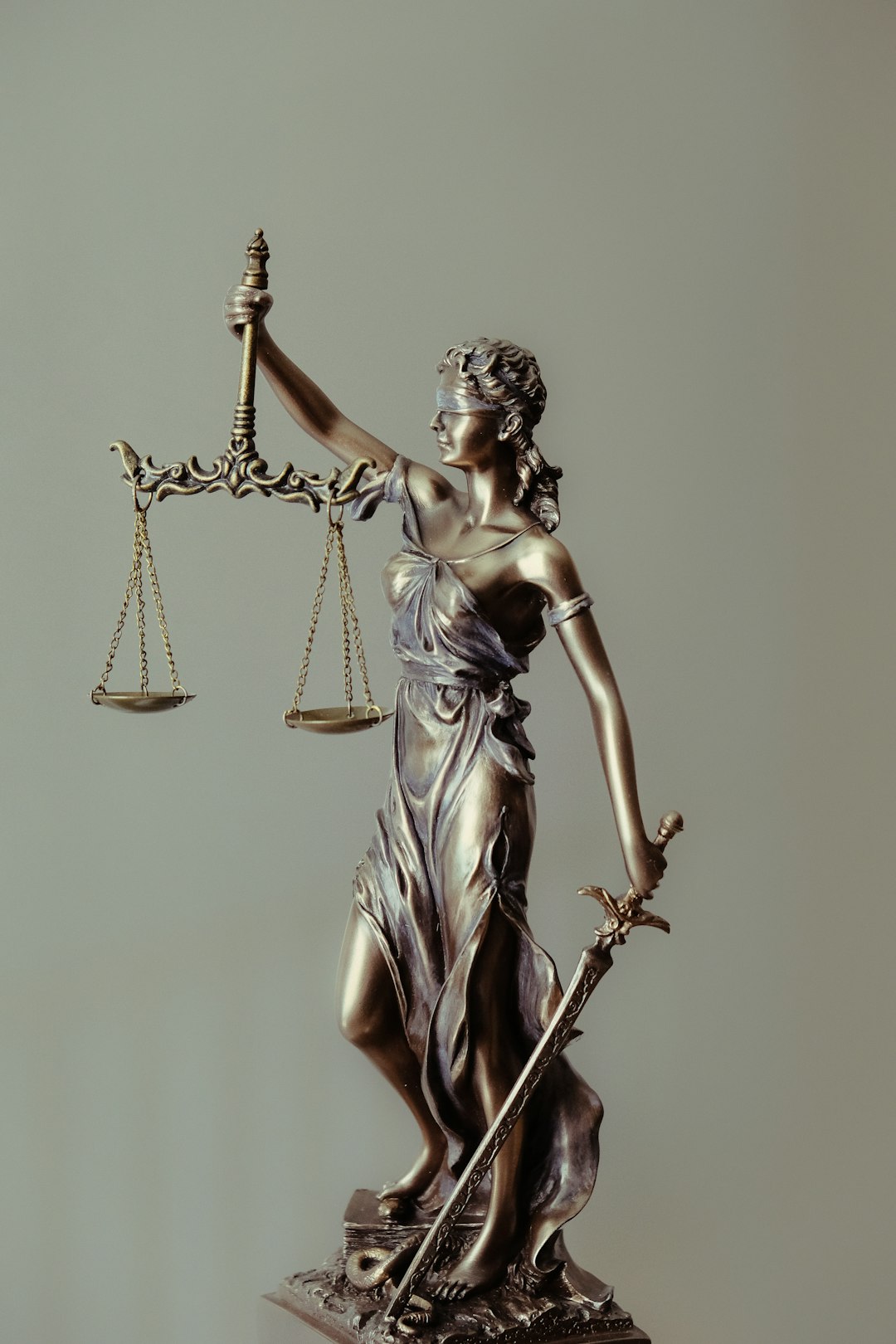Georgia's strict Do Not Call Laws protect residents from intrusive telemarketing by mandating prior written consent and precise opt-out procedures. These regulations have driven innovation in the industry, focusing on transparency and consumer satisfaction while businesses adapt through digital marketing and data management to maintain growth and compliance with Do Not Call Laws Georgia.
In today’s digital age, understanding Do Not Call Laws is crucial for businesses and residents alike. Specifically, this article delves into the impact of federal and state regulations on Georgia’s telemarketing landscape, with a focus on Buford. We explore how federal Do Not Call Laws affect local business growth while examining the pros and cons of state-level Do Not Call (DNC) rules. Additionally, we offer strategies for navigating these challenges, ensuring compliance, and fostering consumer trust.
Understanding Do Not Call Laws: A Brief Overview

In Georgia, like many states across the nation, Do Not Call (DNC) laws play a significant role in regulating telemarketing practices. These regulations are designed to protect consumers from unwanted phone calls, especially those promoting political campaigns or commercial products and services. The Georgia Do Not Call Law prohibits telemarketers from calling residential telephone numbers unless the caller has obtained prior express written consent from the resident. This means that if you have registered your number on a “Do Not Call” list or indicated your preference to not receive such calls, political organizations, sales companies, and other telemarketers must abide by these restrictions.
The law also outlines specific rules for businesses and political campaigns to follow when making telemarketing calls. They are required to provide clear information about the caller’s identity, purpose of the call, and how to opt-out from future calls. Compliance with Do Not Call Laws is essential not only to avoid penalties but also to foster a healthier relationship between businesses, political entities, and consumers in Buford and throughout Georgia.
The Impact of Federal Regulations on Georgia's Telemarketing Landscape

In Georgia, as in many states, the implementation of federal Do Not Call laws has significantly reshaped the state’s telemarketing landscape. These regulations, designed to protect consumers from unwanted sales calls, have led to a more structured and compliant industry. Businesses must now adhere to strict guidelines regarding call timing, opt-out mechanisms, and record-keeping, ensuring a more respectful and transparent interaction with potential customers.
The Do Not Call Laws in Georgia have prompted telemarketing companies to adopt innovative strategies to maintain productivity while respecting consumer privacy. This shift has encouraged the adoption of advanced technologies for accurate caller identification, automated call routing, and data management. As a result, Georgia’s telemarketing sector has become more efficient and customer-centric, fostering a healthier business environment that prioritizes both sales success and consumer satisfaction.
State-Level DNC Rules: Enhancing Consumer Privacy or Restricting Business Growth?

State-Level DNC rules, particularly those related to consumer privacy, have sparked debates across various industries. In states like Georgia, Do Not Call Laws aim to protect residents from unwanted telemarketing calls, but their implications on businesses are noteworthy. While these laws may enhance privacy and reduce consumer frustration, they can also pose challenges for companies, especially small businesses, trying to grow their customer base. The stringent regulations restrict direct marketing strategies, forcing businesses to explore alternative methods of reaching potential customers.
This shift necessitates a careful balance between safeguarding consumer rights and fostering business development. In the case of Georgia’s Do Not Call Laws, companies must adapt by investing in digital marketing, refining data collection practices, and offering personalized experiences to conform to these state-level DNC rules while ensuring long-term sustainability and growth.
Navigating the Challenges: Strategies for Businesses and Residents in Buford, GA

In Buford, GA, businesses and residents face unique challenges due to evolving federal and state Democratic National Committee (DNC) rules, particularly those related to campaign communications and Do Not Call laws. To navigate these complexities, strategic adjustments are necessary. One key approach involves staying informed about legal updates and industry best practices, ensuring compliance with regulations like Georgia’s Do Not Call Laws.
Engaging in proactive communication strategies can help. This includes refining marketing messages to respect individual preferences while maintaining effectiveness. Additionally, utilizing technology for targeted, permission-based outreach can mitigate potential DNC rule violations. By adopting these strategies, Buford businesses and residents can adapt to the changing landscape, fostering stronger connections within the community while adhering to legal guidelines.






